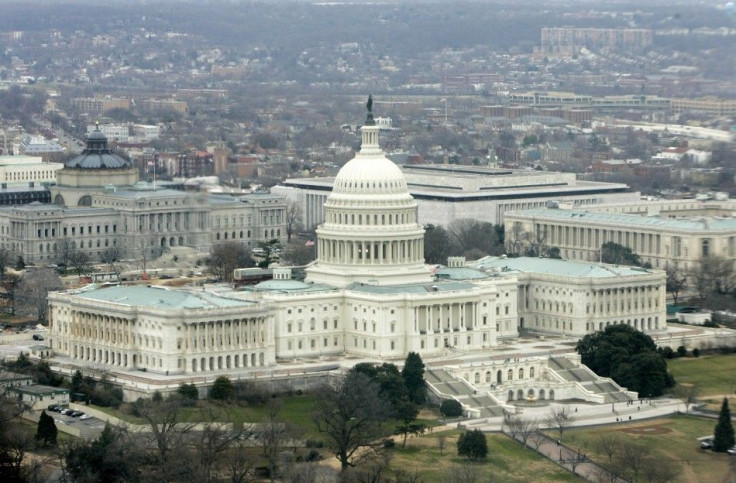'Gang of Six' Debt Deal Puts CBO in Spotlight

As the U.S. Senate's 'Gang of Six' negotiators continued to work Thursday on what they hope will be a $3.7 billion deficit reduction plan -- one that would avert a U.S. Government default -- attention also turned to another key Washington institution, besides the Senate and House.
In fact, it's also the subject of an inside joke in Washington: What's the most powerful institution in Washington?
FBI?
CIA?
DOD?
IRS?
No, It's CBO -- the Congressional Budget Office - the Congress' non-partisan budget tabulator and provider of economic data.
And the Congressional Budget Office will be center-stage, once again, as the 'Gang of Six' completes its work on the deficit reduction package.
The reason? CBO will have to re-score the revised debt plan -- i.e. revise its forecasts regarding how much each change in the tax law will affect federal revenue and how much a change (if any) in Medicare rules will lower per citizen federal health care costs.
The 'Gang of Six' plan has been warmly received by the Senate, and although it faces tougher scrutiny in the Republican-controlled House, due to likely Tea Party faction criticism, if not wholesale opposition, the conventional wisdom argues tha plan's litany of tax changes and program adjustments that appeal to conservatives and liberals alike, give the plan a better than 50 percent chance of passage.
Therefore, with the plan's outline attracting bipartisan support, that puts the Congressional Budget Office's scoring front-and-center. CBO's forecasts will be all-the-more important.
That's because a revision, for example, by CBO that a prospective tax code change would result in only $50 billion in additional annual revenue, as opposed to $125 billion or $150 billion, would likely alter attitudes toward that tax adjustment.
Similarly, if a Medicare eligibility shift results in only $500 billion in budget savings over 10 years, not $700 billion or $900 billion, that would likely send 'Gang of Six' plan formulators back to their discussion room.
Don't misunderstand: by constitutional authority, the U.S. Congress legislates and appropriates, and it is the body responsible for U.S. budget policy, known as fiscal policy on Capitol Hill.
Even so, Congress relies heavily on the research, fiscal forecast skills and hard work of the Congressional Budget Office, and more than one unexpected program or policy forecast has swayed Congress to continue/expand or modify a program or tax code.
Which is why budget watchers inside the beltway -- and more than a few U.S. taxpayers -- will be eagerly awaiting the revised scoring for the 'Gang of Six' debt deal plan from the CBO.
© Copyright IBTimes 2024. All rights reserved.











